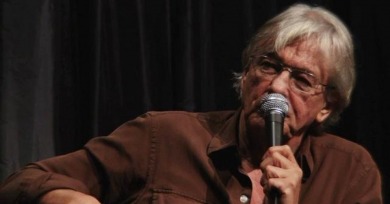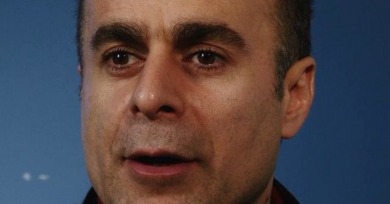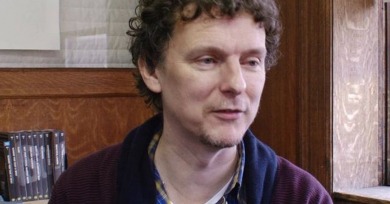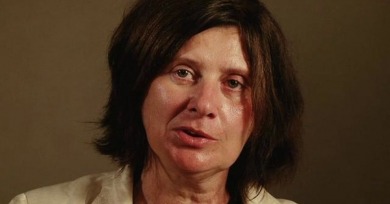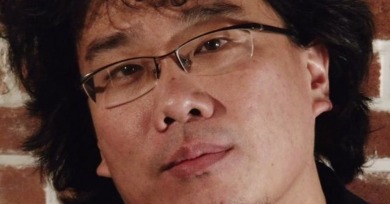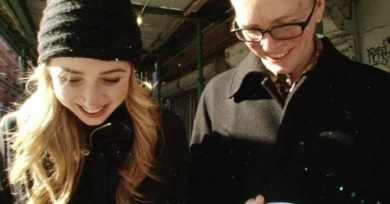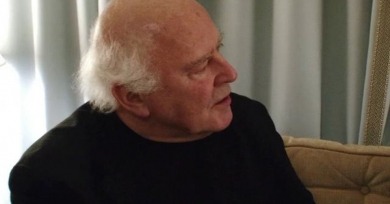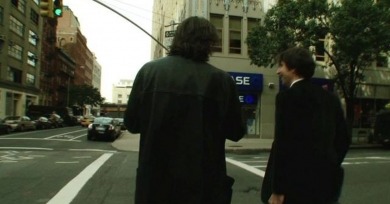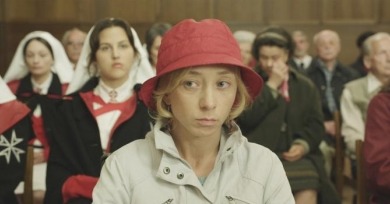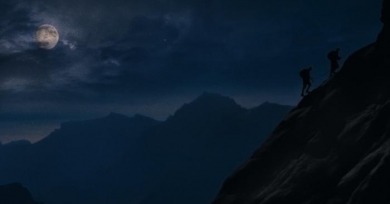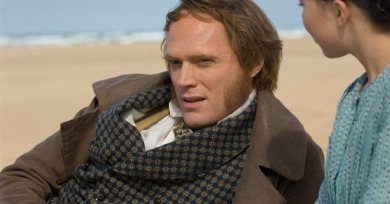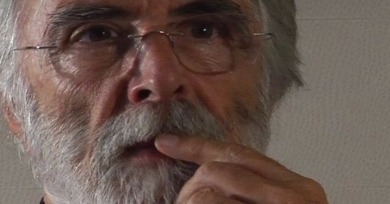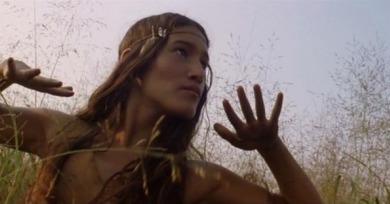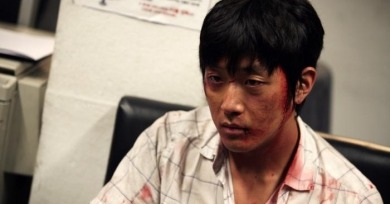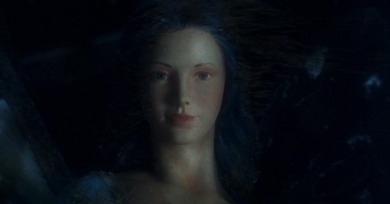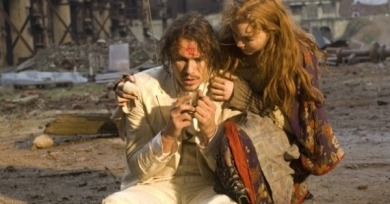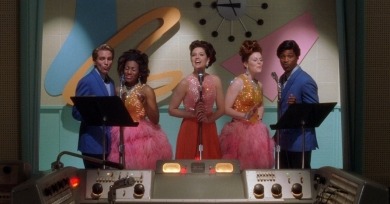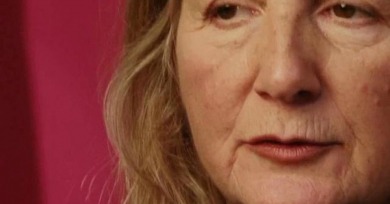Jeff Reichert
Paul Verhoeven (Robocop, Showgirls) talks to host Eric Hynes about historical reality versus Gospel distortion, the necessity of narrative cheats, and why Jesus was the messenger of a new ethics.
Damon Smith talks to Bahman Ghobadi (No One Knows About Persian Cats) about art and conscience, guerrilla filmmaking, and how he met the brave young bands in Tehran's underground indie-music scene. Sheida Dayani translated from Farsi.
Michel Gondry (Eternal Sunshine of the Spotless Mind) talks to host Eric Hynes about capturing and constructing reality for his new documentary The Thorn in the Heart, contemplates movie trickery, pantomimes fratricide, and plays ping-pong with himself.
Reverse Shot's Damon Smith talks to Catherine Breillat (Bluebeard, Fat Girl) about fairy tales, death and eroticism, and the aesthetics of cruelty. Robert Gray translated from French.
Reverse Shot's Damon Smith talks to Bong Joon-ho (Mother, The Host) about the psychological costs of making better films, the blurring of reality and fantasy, and the drinking habits of Korean auteurs.
Actress Zoe Kazan (Meek's Cutoff) and filmmaker Bradley Rust Gray talk to host Eric Hynes about how their offscreen friendship gave birth to The Exploding Girl, and how sneaking shots on the New York subway turned them into criminals.
Host Eric Hynes chats with Oscar-nominated cinematographer Christian Berger (The White Ribbon) about light, actors' faces, and working with Michael Haneke.
Host Eric Hynes discusses Man on Wire, Red Riding: 1980, and leaving New York with Academy Award-winning filmmaker James Marsh.
Jessica Hausner’s Lourdes, a starkly designed inquiry into the nature of miracles, exists in a lineage of films that includes Alain Cavalier’s Thérèse, Jacques Rivette’s The Nun, Robert Bresson’s The Trial of Joan of Arc, and professed inspiration, Carl Dreyer’s Ordet.
The lineage of cinematic mountain climbing extends back to the films of the 1900s. These early efforts evolved into the hugely popular German Bergfilme of the Twenties, the Alpine equivalent of the American western.
Charles Darwin’s articulation of his theory of evolution by natural selection was less a discovery or invention in the sense that those words are typically used than simply the recognition of a fundamental order in the world we inhabit.
It feels likely at this point that we’ll look back on the last major release of the aughts as a watershed moment and feel that big budget entertainments were different post-Avatar. But how?
Reverse Shot's Damon Smith talks to Michael Haneke (The White Ribbon) about the nature of evil and the ethics of spectatorship. Robert Gray translated from German.
Malick generously reminds us that we’re all potential “others” depending on circumstance.
First-time director Na Hong-jin’s solid command of thriller/policier basics results in a comforting ride—thrills, humor and scares are well-parceled, characters develop, cheesy Eighties synth washes abound, the police are all morons, and he’s even managed to breathe some life back into the stolid foot chase (twice!).
The first decade of the 21st century, even with all the technological changes that have greatly expanded knowledge of our origins and pointed towards our potential futures, holds no monopoly on the great unending debate of what the word “human” means.
Those of us who grew up wearing our allegiance to his earlier work proudly won’t be pleased to note that Gilliam-esque now seems little more than a fraying bag of tired tricks.
Eric Hynes visits Central Park with Camera D'or-winning director Corneliu Porumboiu (Police, Adjective), who talks about labyrinths of space and time, and what's so funny about nothing happening.
Many seem to think the aughts were a subpar decade for filmmaking, but that doesn’t alter the fact that, for most of Reverse Shot’s writers, it was arguably the most important in our development as thinkers and watchers
Reverse Shot's Damon Smith talks with award-winning British director Sally Potter (Orlando, Yes) about her new made-for-mobile film Rage.
